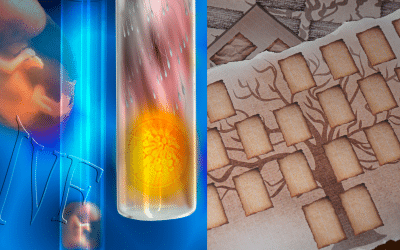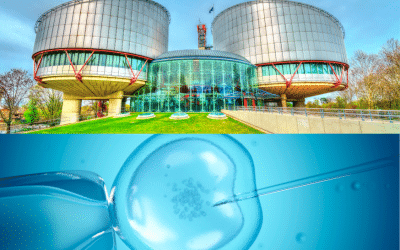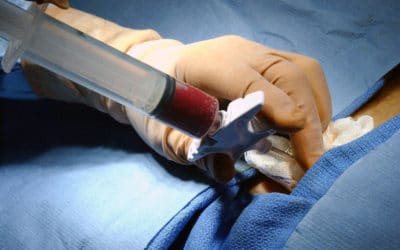Doctors in Newcastle, UK, have just been granted permission to create Britain’s first “3-parent babies” for two women with mitochondrial diseases.
On Thursday, February 1st, Britain’s ethical authority on human reproduction, the Human Fertilization and Embryology Authority (HFEA), granted approval for the in vitro fertilization procedure (IVF) for 3 parents. In February 2015, the British Parliament gave the green light for this artificial reproductive technique to eliminate the risk of transmission of a genetic disease by the biological mother. In March 2017, the Newcastle fertility center received its license to use this procedure.
After reviewing the medical and family history of the two women – who wish to remain anonymous – the HFEA judged that “any child conceived could have a serious, progressive illness that would greatly affect his quality of life.” In this scenario, all the embryos would be infected with the disease and thus pre-implantation genetic diagnosis (PGD) would be of no use.
The 3-parent IVF technique creates a human embryo in vitro, by using gametes from 3 three different people: one man and two women (the mother and an oocyte donor). The objective is to give birth to a child without the disease transmitted by organelles present in the ovum of the mother: the mitochondria (refer to Notexpert).
Mitochondria are essential to allow all the cells of the human organism to operate properly. Moreover, they contain DNA, 1% of an individual’s total genome. Any embryo thus conceived would contain all 3 parents’ DNA: both parents’ chromosomes and the DNA transmitted by the oocyte donor’s mitochondria.
Vertiginous ethical issues are raised by this very controversial technique. It is deliberately imposed on the child, and represents significant risks for his health. The interactions between nuclear DNA and mitochondrial DNA are still poorly understood; thus it is even more perilous to add the mitochondrial DNA of a third person. Moreover, according to the technique, abnormal mitochondria may nonetheless still be present in the newly created embryo. Therefore the risk of pathologies related to defective mitochondria cannot be entirely eliminated. Thus, nothing guarantees that the child will be in perfect health nor exempt from unpredictable negative side-effects. It is impossible to have preliminary clinical verifications, since the child will be his own full-scale test specimen.
In April 2016 the media reported a first child born in Mexico using this 3-parent technique. Since then, the technique was also used in Ukraine in 2017 to give birth to many other babies for reasons totally unrelated to mitochondrial diseases but only as a remedy for some forms of infertility. Injecting mitochondria from younger women’s oocytes would be presented as a remedy attempting to “rejuvenate” older women’s oocytes.
Alliance VITA reminds that it has never been proved as yet that this technique is safe. Since it is certain that those embryos will carry a serious disease, it is inconceivable to use an artificial reproductive technique to create them at all costs. It is completely irresponsible to put at risk both the child and its family by genetically modifying human embryos. Such a violation of Human Rights should unquestionably and whole-heartedly be condemned by the international community.
MAR : Access to Origins, What is the Reality ?
Although the 2nd August 2021 bioethics law partly authorised access to their origins for children born by Medically...



